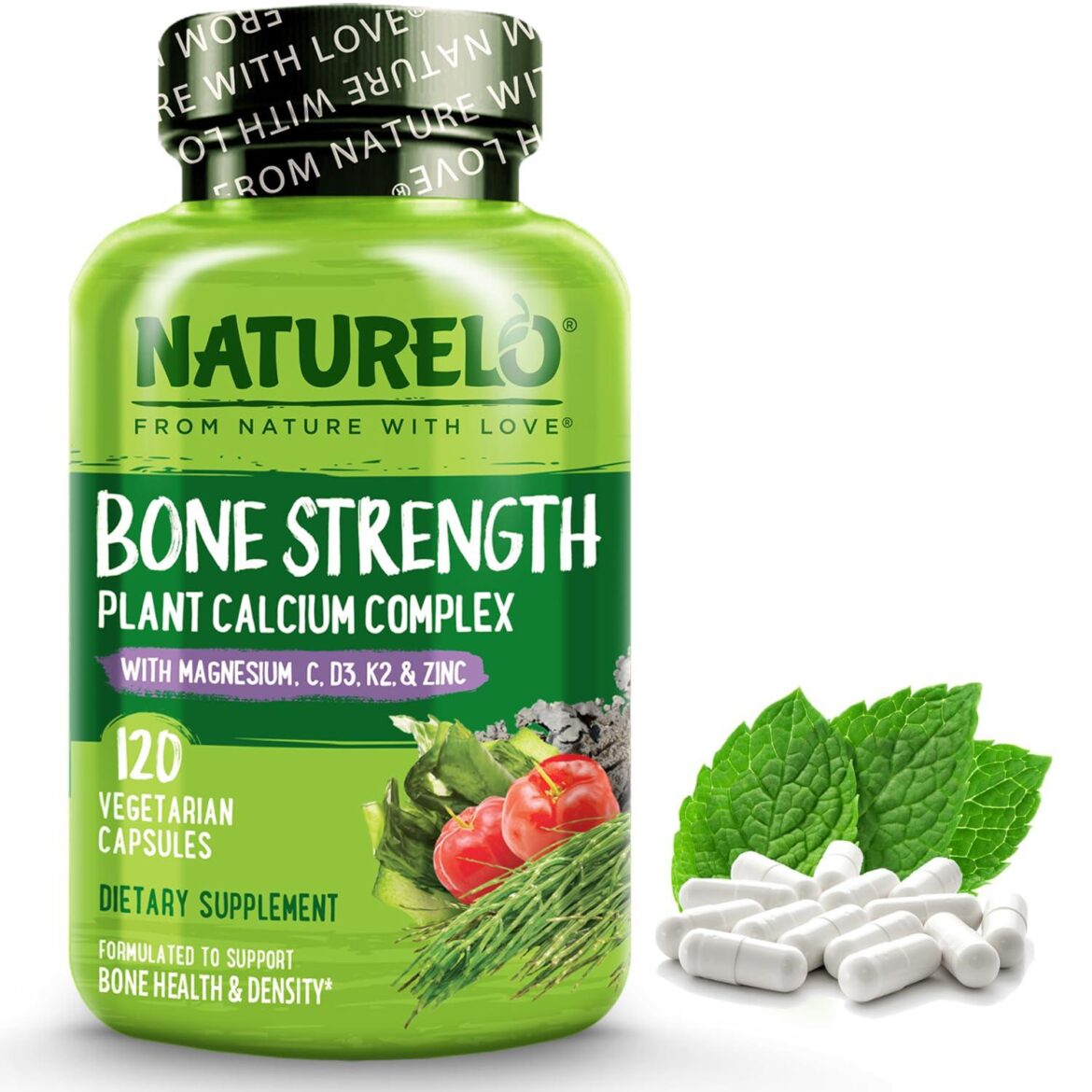Introduction:
As women navigate the transition into postmenopause, their bodies undergo a host of changes that can directly impact bone health. Wiht estrogen levels declining, the risk of osteoporosis and fractures rises, posing significant concerns for many in this stage of life. In response to these challenges, a myriad of bone health supplements flood the market, each promising to fortify bones and promote overall vitality. But with so many options available, how can one discern what truly works? This article delves into the world of bone health supplements specifically tailored for postmenopausal women, exploring the efficacy of various ingredients, the latest research findings, and expert insights to help you make informed choices for stronger bones and a healthier future. Together, we’ll navigate through the noise, unveiling what really contributes to maintaining skeletal strength during this pivotal time.
Understanding the Importance of Bone Density in Postmenopausal Health
Bone density is a critical factor in maintaining overall health for postmenopausal women, as the decline in estrogen levels during this period can significantly affect bone strength and structure. This increase in bone fragility heightens the risk of fractures and osteoporosis, making it essential for women to prioritize bone health. Regular screenings and proactive measures can lead to early detection of bone density issues, allowing effective interventions. There are several lifestyle choices and medical options available to help manage bone health, including:
- weight-bearing exercises: Activities like walking, running, and strength training can help build and maintain bone density.
- Balanced nutrition: A diet rich in calcium and vitamin D supports bone health, while limiting caffeine and alcohol can mitigate risks.
- Supplements: Calcium and vitamin D supplements may be beneficial, especially for those unable to meet their needs through diet alone.
Understanding individual risk factors is essential to creating a tailored approach to bone health. Factors such as family history, lifestyle choices, and existing health conditions all play a role in determining the appropriate strategy for bone maintenance.Below is a simple overview of common supplements and their benefits related to bone density:
| Supplement | Benefits |
|---|---|
| Calcium | Essential for bone formation and strength. |
| Vitamin D | Aids calcium absorption and bone metabolism. |
| Magnesium | Supports bone structure and helps in calcium regulation. |
| Vitamin K2 | Contributes to bone mineralization. |

Key Nutrients for Strengthening Bones After Menopause
Maintaining strong bones is crucial for postmenopausal women, as the decrease in estrogen levels can accelerate bone density loss. To combat this, certain nutrients play a key role in promoting bone health. Among the most significant are:
- Calcium: Essential for bone structure,calcium intake should be increased through diet or supplements,aiming for at least 1,200 mg per day.
- vitamin D: this vitamin enhances calcium absorption. Sun exposure and fortified foods can definitely help meet the recommended daily allowance of 800-1,000 IU.
- Magnesium: Vital for converting vitamin D into its active form, magnesium aids in calcium regulation and bone formation.
- Vitamin K: Important for bone mineralization,vitamin K can be found in leafy greens and can contribute to bone strength.
in addition to these nutrients, it’s beneficial to monitor protein intake, as it supports overall bone health. Regular exercise, particularly weight-bearing activities, also plays a pivotal role in maintaining bone density. A balanced diet complemented by the following foods can make a significant difference:
| Food | Key Nutrient |
|---|---|
| Dairy Products | Calcium |
| Fatty Fish | Vitamin D |
| Nuts and Seeds | Magnesium |
| Kale and Spinach | Vitamin K |

Exploring the Efficacy of Calcium and Vitamin D Supplements
Calcium and vitamin D are both pivotal in maintaining bone density, especially for postmenopausal women who are at an increased risk of osteoporosis. Recent studies highlight that calcium is a vital mineral when it comes to bone structure, while vitamin D plays an essential role in calcium absorption. Therefore, the synergy between these two nutrients should not be underestimated. The recommended daily intake for calcium often varies, but guidelines suggest postmenopausal women aim for 1,200 mg per day. In terms of vitamin D,a daily intake of 800 to 1,000 IU is commonly endorsed to aid in bone health and promote calcium utilization.
While supplements can be beneficial, it is crucial to evaluate their efficacy through clinical studies and personal response. Some research indicates that the combination of calcium and vitamin D supplementation can lead to a 10–20% reduction in fracture risk among older women.However, not all studies have reported significant benefits, leading to ongoing discussions regarding optimal dosages and the importance of dietary sources. Consideration should also be given to potential side effects, such as gastrointestinal discomfort or cardiovascular concerns, associated with excessive intake. Over time, engaging with healthcare professionals for tailored advice remains essential to ensure these supplements effectively contribute to an overall bone health regimen.

Holistic Approaches to Bone Health: Beyond Supplements
Maintaining strong bones goes beyond just popping pills; it involves embracing a comprehensive lifestyle approach. Various lifestyle factors can significantly influence bone density, especially in postmenopausal women, who are at an increased risk for osteoporosis.A diet rich in calcium and vitamin D is essential but can be complemented by a variety of foods that promote bone health, enhancing the effectiveness of supplements. Incorporating leafy greens, nuts, fatty fish, and fortified foods into daily meals can provide valuable nutrients. Furthermore, engaging in weight-bearing exercises, such as walking, dancing, or strength training, can stimulate bone formation and improve overall strength, making them vital components of a holistic approach.
Another integral aspect of bone health is the influence of lifestyle factors such as smoking cessation and moderate alcohol consumption. Smoking has been shown to adversely affect bone health, while excessive alcohol intake can interfere with calcium balance and hormone levels. Focus on mental wellness through stress-reduction techniques, like yoga, meditation, or mindfulness practices, can also play a crucial role. A focus on sleep hygiene is paramount, too; studies have linked inadequate sleep to compromised bone health. By assembling these components—nutrition, exercise, lifestyle modifications, and mental well-being—postmenopausal women can take proactive steps toward achieving and maintaining robust bone health.
In Summary
As we conclude our exploration of bone health supplements for postmenopausal women, it’s clear that navigating this landscape requires informed decision-making and a personalized approach. While calcium and vitamin D remain foundational pillars, emerging options like magnesium, vitamin K2, and herbal extracts offer exciting possibilities for holistic bone care. Each woman’s journey is unique, influenced by lifestyle, genetics, and overall health.
Ultimately, the best supplement is one that fits seamlessly into your individual routine and works in conjunction with a balanced diet and regular physical activity. Consulting with a healthcare professional can provide further clarity and tailored recommendations, ensuring you’re empowered in your choices.
As the understanding of bone health continues to evolve, staying informed will be your greatest ally. Here’s to nurturing strong bones and embracing vibrant health during this new chapter of life!





